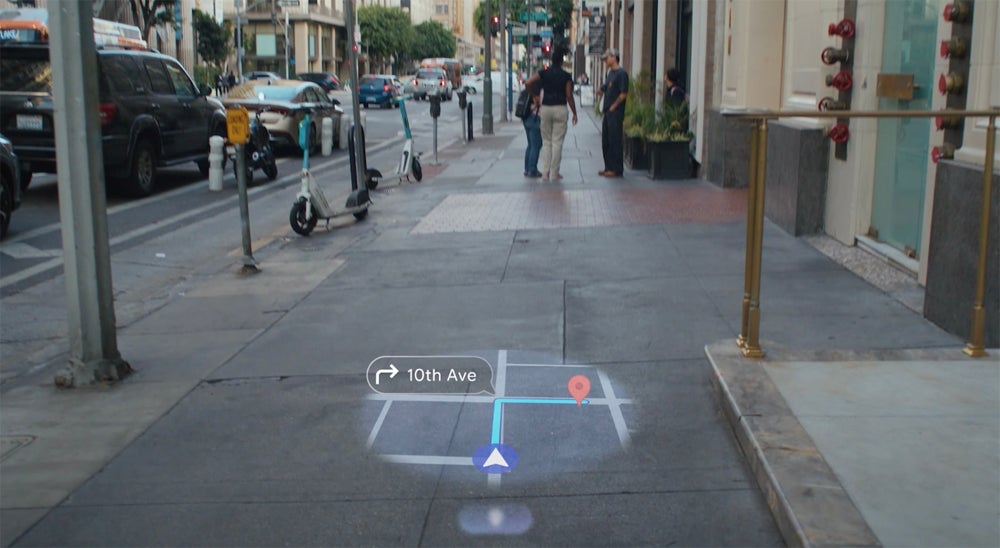Google is making another change to the smart glasses market, determined to leave behind the mistakes Google Glass made in the past.
On December 12, the company unveiled Android XR, a new, cutting-edge operating system for headsets and smart glasses. With increasing competition from the Meta Quest series and Apple’s Vision Pro being the market leader, Google is relying on its Gemini Generator AI to differentiate its offering.
Among the first devices to take advantage of Android XR is a pair of Samsung glasses, codenamed Project Mohan, which are expected to hit store shelves in 2025. The tech giant says future headsets and smart glasses will “change the way you see, work, and explore.” ,
Although Google has not yet announced a timeline for additional hardware or software built on Android XR, the operating system is already available in preview for developers and select partners.
What makes Android XR different?

The combination of Android XR, Google Gemini and Glass hardware means the devices can:
- Answer questions about your surroundings in natural language using Gemini.
- Search the internet or create AI-guided to-do lists with natural language.
- Play YouTube and Google TV.
- Display Google Photos in a virtual reality gallery.
- Use the circle to search to find more information about an object in the real world or online.
Google intends to use Android XR to power a variety of smart glasses.
“We want there to be as many choices of stylish, comfortable glasses that you’ll love wearing every day and that will work seamlessly with your other Android devices,” Shahram Izadi, Google’s VP and general manager of Extended Reality, wrote in a blog post. ” ,
The tech giant is planning to start privately testing Android XR on new hardware soon. Expect new devices from Google’s Qualcomm partners, notably Sony, Linksys, and XREAL.
WATCH: Google’s latest AI model, Gemini 2.0 Flash, is an incremental step towards ‘agent’ AI.
Developers can now try the Android XR Software Development Kit
Developers can experiment with the Android XR Software Development Kit today by visiting develop.android.com/develop/xr. Google is accepting applications for the Android XR Developer Bootcamp, which will provide early access to hardware in exchange for collaboration with the internal XR team.
Android XR is compatible with ARCore, Android Studio, Jetpack Compose, Unity, and OpenXR.
Since Android XR includes the Android Play Store, developers with apps already in the Play Store can automatically make those apps available on extended reality devices. To translate traditional apps into extended reality, Android recommends using its automated tools to spatially shape Material Design (M3) components and compose for adaptive layouts.





